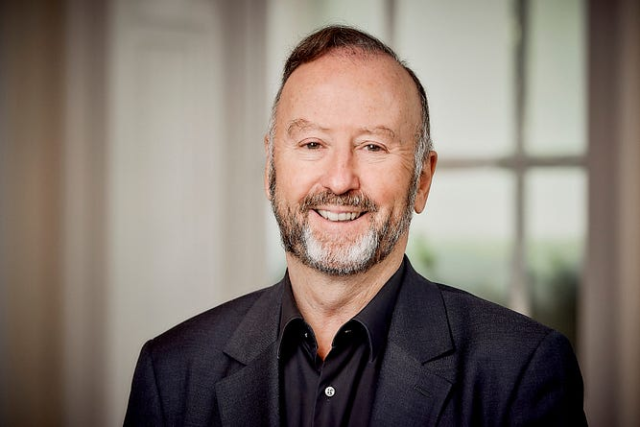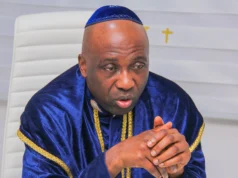When Kevin Dillon talks about Africa’s potential in technology, he does so with the calm assurance of someone who has seen innovation take root and reshape economies before. From the fast-paced days of Silicon Valley in the 1980s to the growth of Europe’s venture capital ecosystem in the early 2000s, Dillon has been there, done that, and left with lessons that now guide his latest mission — helping African startups scale to global relevance through the Africa Bridge Fund.
“I’ve been investing in startups for more than 20 years, and what I see in Africa today reminds me so much of those early days in California and Europe,” Dillon says. “The same mix of energy, creativity, and collaboration is coming together here.”
For a man who began his professional life in law and finance, Dillon’s journey into Africa’s tech ecosystem is both personal and professional. It is a story of how global experience can loop back home, reshaping opportunities for the next generation of African innovators.
Table of Contents
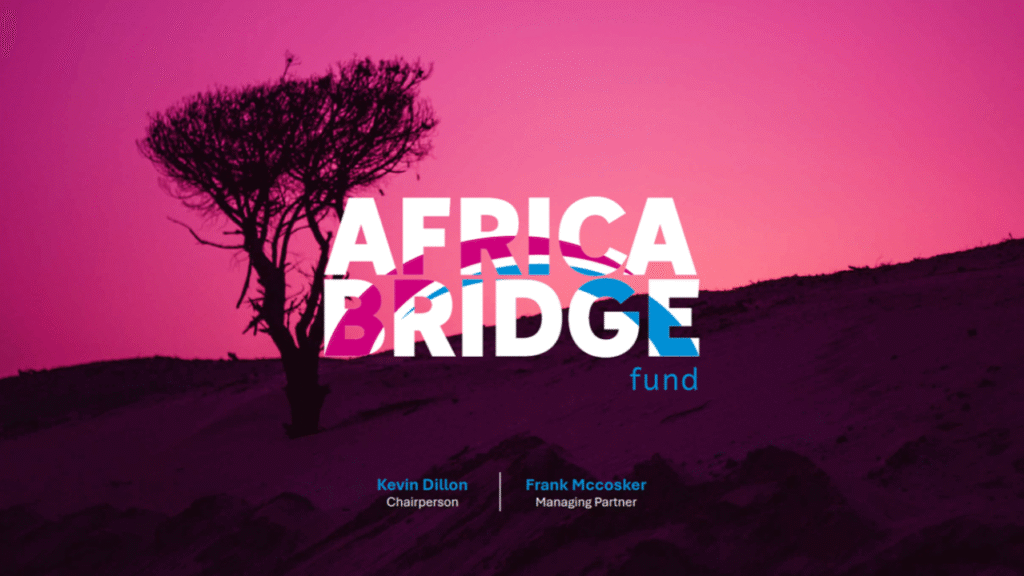
From Cape Town to Silicon Valley: Lessons That Shaped a Vision
Born and raised in Cape Town, Kevin Dillon studied law at the University of Cape Town before joining Price Waterhouse. A transfer to Silicon Valley in the mid-1980s turned out to be his career-defining moment. Back then, the Valley was buzzing with an energy that few could describe — it wasn’t just about technology, it was about building the future.
“Working with companies like Apple, Intel, and Hewlett-Packard at that time, you could literally see how technology was going to change everything,” Dillon recalls. Later, at Microsoft, he witnessed how scale, vision, and execution could transform not just companies, but entire industries.
By the early 2000s, Europe became his next frontier. As Microsoft’s first Chief Financial Officer for Europe, Dillon had a front-row seat as the continent overcame fragmentation, language barriers, and regulatory hurdles to build a vibrant tech ecosystem. “Europe succeeded by aligning policy, capital, and talent,” he explains, pointing out how that period shaped his philosophy that ecosystems thrive when the three forces come together.
In 2004, he co-founded Atlantic Bridge, a global growth equity technology firm that now manages more than €1 billion in assets. The firm’s track record speaks for itself: investments in 110 companies, 38 exits, and seven unicorns. “Partnering with universities and innovation hubs was key,” Dillon notes. “That’s how you source the boldest ideas.”
Those experiences prepared him for his next chapter — Africa.
Why Africa Bridge Fund Is Different
Unlike many investors who view Africa as just another “emerging market,” Dillon insists that the continent deserves its own tailored approach. He co-founded Africa Bridge Fund earlier this year with longtime colleague Frank McCosker, another Microsoft veteran. Their aim: to back homegrown African startups that can scale into regional and global leaders.
“At first, I thought philanthropy would be the best way to give back to Africa,” Dillon admits. “But after years of watching the startup ecosystem grow, it became clear that the right kind of investment could do far more to accelerate impact.”
The fund is currently raising capital from a mix of African and international sources — family offices, DFIs, institutional funds, and private investors. Dillon keeps the names under wraps but hints at “serious interest.”
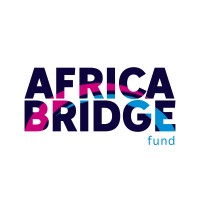
Its investment focus is clear:
- E-health: medical devices, biotech, and data-driven health platforms.
- Climate-tech: carbon capture, risk management tools, and digital MRV solutions.
- Enablement technologies: infrastructure for connectivity, payments, and digital inclusion.
Crucially, Africa Bridge only invests in African-based and African-owned businesses. Priority markets include Nigeria, Kenya, South Africa, and Ghana, though Dillon says the door is open to high-impact startups across the continent.
“Our strength is not just writing cheques,” he explains. “We know how to help startups scale, attract the right partners, and prepare for global exits. We’re building bridges that connect African founders to European and American investors.”
The approach is also ecosystem-driven. Beyond investments, the fund is exploring partnerships with university innovation hubs to nurture talent and accelerate Africa’s “innovation flywheel.”
Africa’s Next Tech Chapter: Challenges and Opportunities
Dillon describes African entrepreneurs as “resourceful and resilient.” Many founders, he observes, are problem-solvers by necessity, building solutions in response to gaps in formal job markets. That makes them naturally cost-efficient and highly adaptive.
He sees startups in Africa falling into three main categories:
- Regional solutions – tackling local challenges such as off-grid energy and water purification.
- Adaptations – localised versions of global ideas from the US, Europe, or Asia.
- Global champions – breakthrough African innovations with worldwide potential.
The current funding slowdown in global venture capital markets is a concern, but Dillon remains optimistic. “Investors are still looking for quality,” he says. “Startups with solid leadership, transparent financials, and scalable strategies will always find capital.”
The Africa Bridge Fund itself is focused on closing its first fund and making initial investments within the next year. “The momentum is here,” Dillon stresses. “We just need to build the right structures around it.”
For him, the mission is more than financial returns. It is about proving that Africa can not only catch up but also lead in shaping the technologies of tomorrow. “The building blocks are in place — world-class universities, bold entrepreneurs, and risk-tolerant capital. What’s left is connecting the dots.”
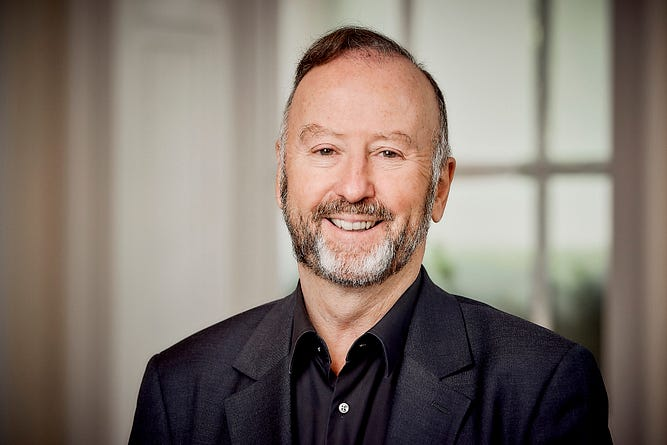
Conclusion
Kevin Dillon’s journey from Cape Town to Silicon Valley, Europe, and now back to Africa through the Africa Bridge Fund tells a bigger story about the continent’s moment in global tech. It is no longer about whether Africa can rise — it is about how quickly and how sustainably.
As the Africa Bridge Fund continues to gather investors and identify promising startups, one thing is clear: Dillon is betting big on Africa’s ability not just to participate in the next wave of innovation, but to lead it.
For African founders, this is more than an opportunity for funding — it is a chance to plug into a network of global expertise, strategic partnerships, and long-term vision. For the rest of the world, it is a reminder that the next Silicon Valley might just be on African soil.
Join Our Social Media Channels:
WhatsApp: NaijaEyes
Facebook: NaijaEyes
Twitter: NaijaEyes
Instagram: NaijaEyes
TikTok: NaijaEyes


